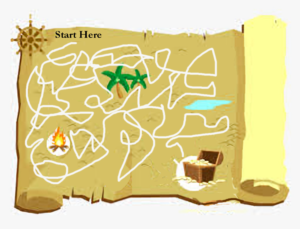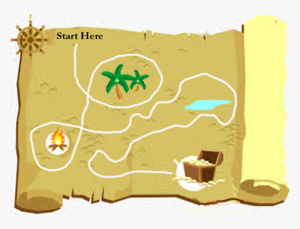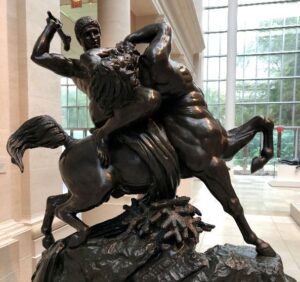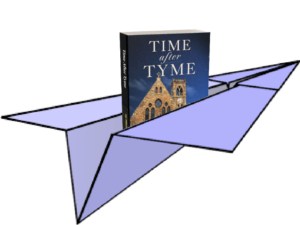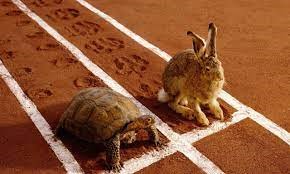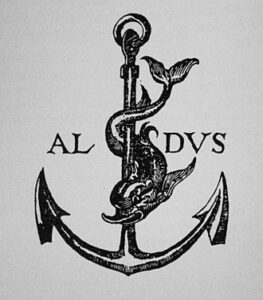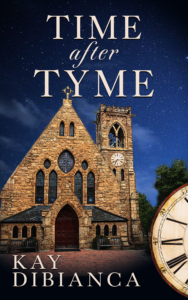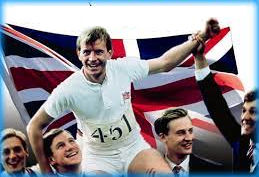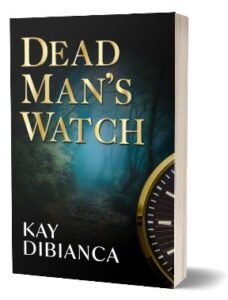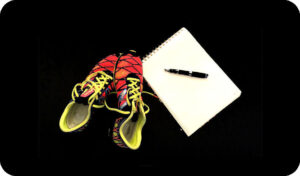
“Pace doesn’t mean speed; it means the right speed.” – Reginald Hill
Some people think the 800-meter race is the hardest track event to run. Why? Because the race is twice around the track which equates to roughly a half-mile. Pace is the key. There’s a tendency to run the first lap too fast and run out of steam on the second lap. On the other hand, running the first lap too slow could mean falling so far behind the leaders that you can’t catch up. Each runner has to find their own pace within the field to run their best time. Can we apply this knowledge to writing a novel?
One of the most famous 800-meter races of all time was the 1972 Olympic final in Munich, West Germany. Eight world-class runners toed the starting lines. The favorite was Yevhen Arzhanov of the Soviet Union who had won every race he had entered for the previous three years.
The lone American in the race was Dave Wottle. Although Wottle had won the U.S. Olympic Trials race, he suffered injuries prior to the Olympic Games, and there was some question about his fitness. Here’s a two-minute video of the race. Arzhanov is wearing a red shirt and is in Lane One. You can easily spot Wottle – he’s the one wearing the golf hat.
***
Several weeks ago, Reavis Wortham wrote a blog post on pacing within a story. I’d like to explore the subject further by mapping Wottle’s race to a novel format. We’ll make Dave Wottle the protagonist in our story. Although I’m sure Yevhen Arzhanov is a very nice man, he’s going to be our antagonist for the purposes of this post. All the others are secondary characters in the story.
I suppose the inciting incident in this story is the start of the race. The gun goes off, and seven of the runners fly around the first turn.
My husband and I heard Dave Wottle talk about that race years later. He said he was surprised at how fast the other runners went out, and he was afraid he wasn’t up to the task. (Refusing the call?) Wottle could have stepped off the track after the first turn, claiming injury, and would have avoided disappointing his friends and family at home. But despite what he thought was a poor performance at the start, he decided to answer the call.
The backstretch, like the middle section of a novel, is usually not the most interesting part of the race. But in this race, there’s a lot of pushing and shoving going on in the first two hundred meters that focuses our attention on the secondary characters leading the race. At the same time, our antagonist, the favorite Arzhanov, slips back into anonymity at the middle of the pack.
As they come around the turn to complete the first lap, Wottle is still trailing. Running in last place at the midpoint of an Olympic final doesn’t bode well for our hero. Wottle must have asked himself if it was worth the pain to keep trying.
Down the backstretch for the second time, the tension ramps up as the competitors bunch up and jockey for position. Wottle moves ahead of a couple of runners. Now our attention shifts to Arzhanov as he takes off like a bullet to pass the leaders.
The race is now a 200-meter sprint. The finish line is in sight. The runners accelerate down the homestretch. The crowd senses the drama. Everyone yells for their favorite.
Our hero starts to pick off runners one at a time. It’s like figuring out clues in a mystery – with each new insight, he moves one step closer to catching the bad guy.
The tension is palpable as they approach the climax of the race. When Arzhanov realizes how close Wottle is to him, it’s too late to do anything other than fling himself forward, hoping to cross the finish line first, but Wottle clips his opponent at the line to win by three hundredths of a second.
In a mystery, the criminal always makes a mistake. In my book Dead Man’s Watch, the killer takes the watch off his victim, thinking no one could ever trace it to him. In the 1972 Olympic 800-meter race, Arzhanov started his finishing kick too soon, thinking no one would catch him. Both were wrong.
Maybe we can add a corollary to Reginald Hill’s maxim:
Writing a novel isn’t about producing words. It’s about producing the right words at the right pace.
***
So TKZers: How do you handle pace? Do you make your protagonist suffer an almost-certain defeat before finding that fire within? How do you prevent a sagging middle section? Do you pick it up in the last chapters heading to the climactic scene? What advice do you have about setting the right pace in novel-writing?
***
The Watch Series of cozy mysteries
Watches that tell more than the time.

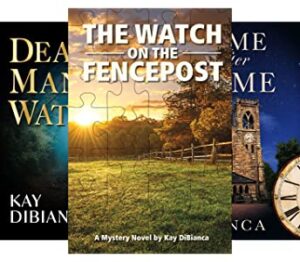



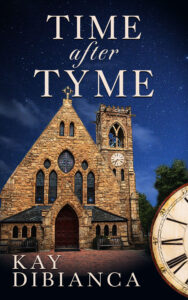



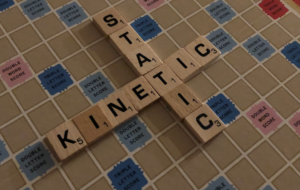
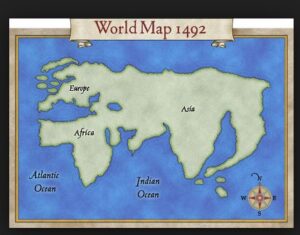
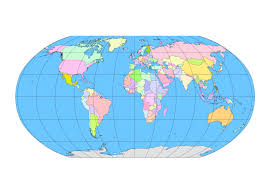

 When I begin a new book, I spend some time searching for ideas. Is there some message I want to convey? Or a character who’s anxious to make his/her debut? Is there a particular mystery I want to challenge readers with or a basic theme I’m interested in? I spend time reading good novels and craft-of-writing books. I go for a run and play what-if games. I try not to force the issue, but let my brain relax, hoping for inspiration.
When I begin a new book, I spend some time searching for ideas. Is there some message I want to convey? Or a character who’s anxious to make his/her debut? Is there a particular mystery I want to challenge readers with or a basic theme I’m interested in? I spend time reading good novels and craft-of-writing books. I go for a run and play what-if games. I try not to force the issue, but let my brain relax, hoping for inspiration.
